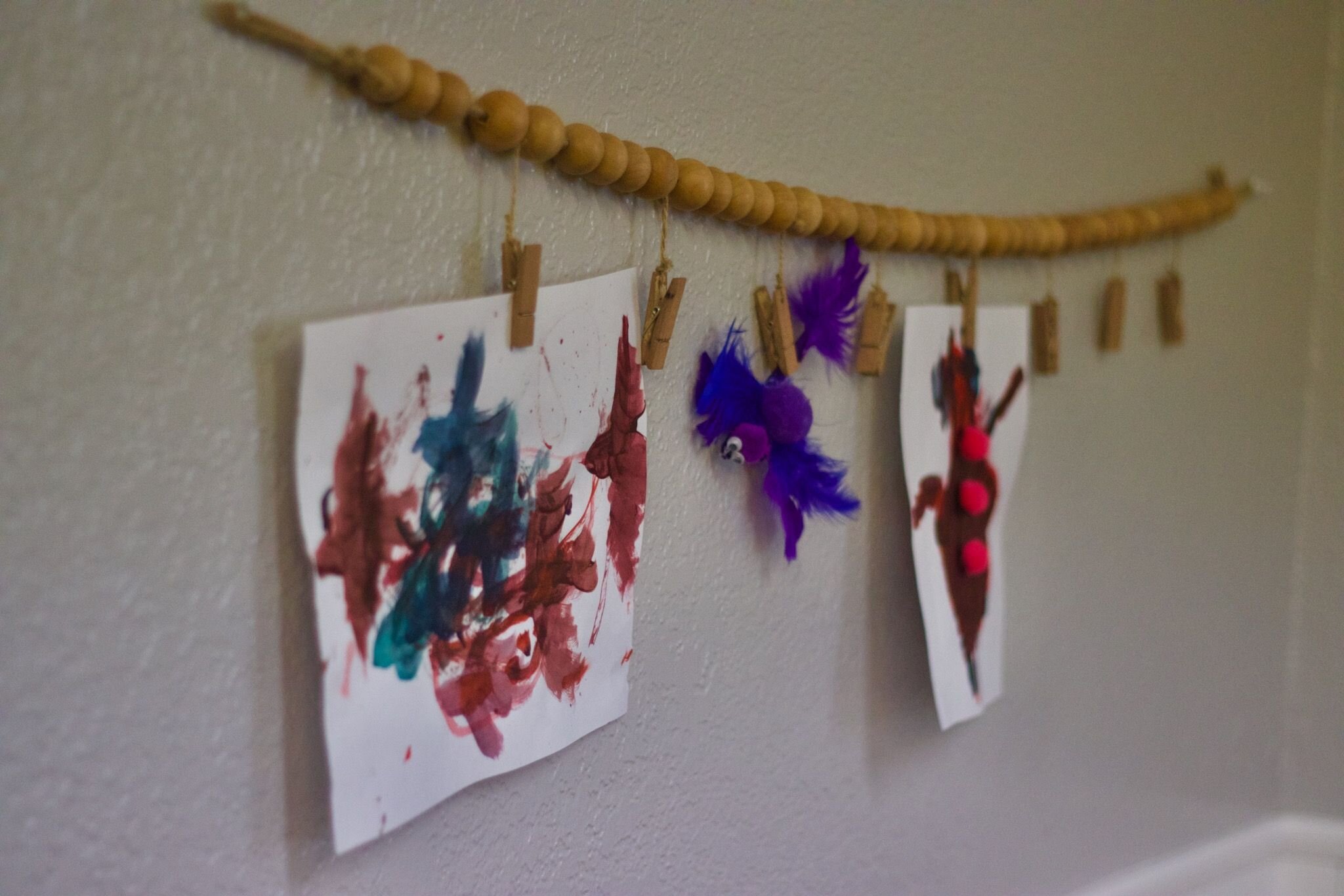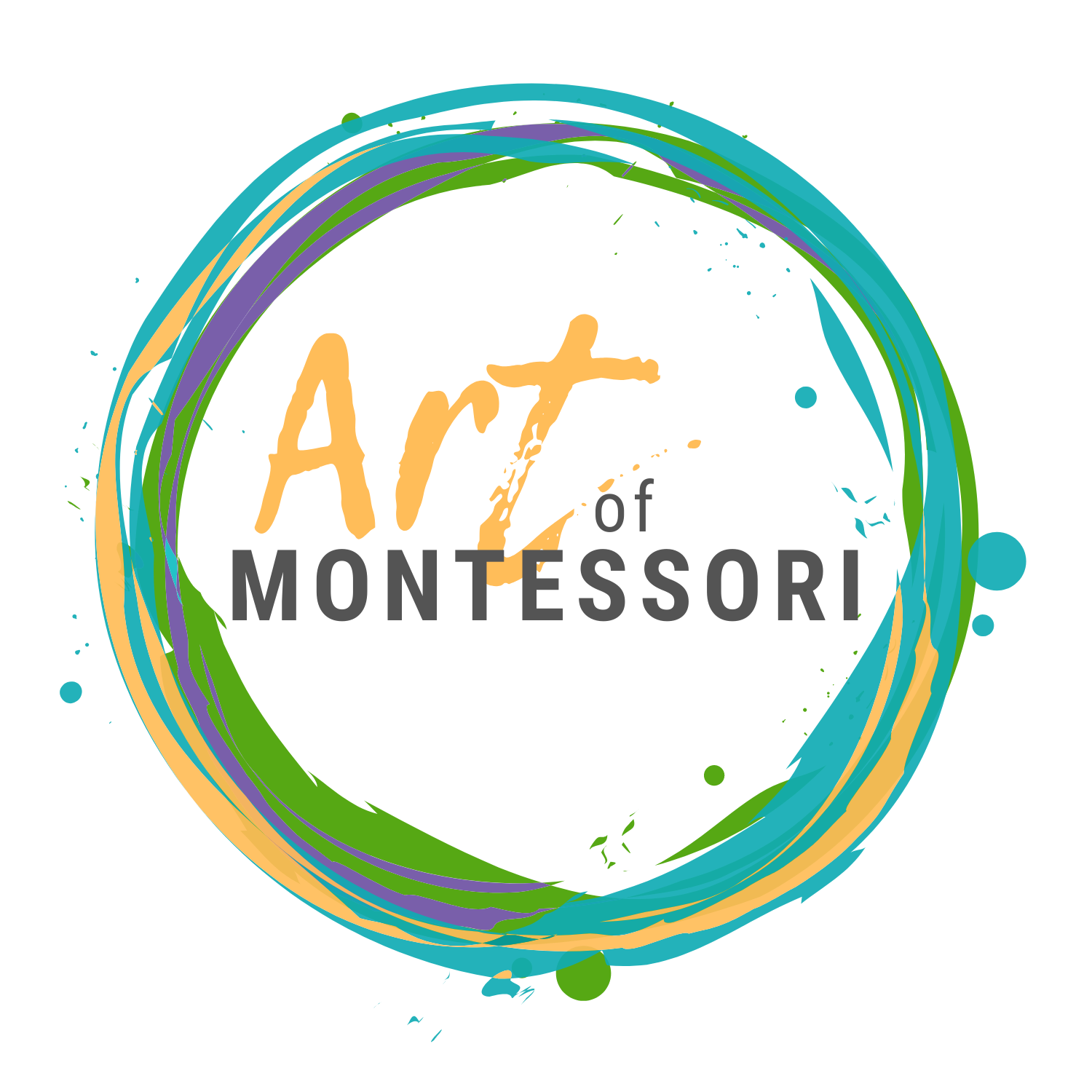
The programs at our Reggio inspired Montessori School are defined and inspired by the practical application of sensory based and self-directed learning. The path of following your child’s natural inclinations are derived through the observation and application of Maria Montessori’s Method of Education and the Reggio Emilia Philosophy. Our experienced teachers guide children to be focused, independent, and innovative learners who are responsible, respectful and mindful individuals. Through the community that is built within the classroom, the child actively participates in the creation of their own learning experience by absorbing their interactions with their peers, adults, and the materials. This is our the teachers spend time observing each individual child and making sure that their environment helps meet their individual learning needs.
“The child- making use of all that he finds around him- shapes himself for the future.”
Maria Montessori
Toddler Classroom
18 months- 3 years old

The Toddler program encourages the child’s first years of life by guiding them through the use of their bodies, senses and emerging problem-solving skills that help the child make sense of their world.
Growth in independence is the natural product of our program.
Maria Montessori was one of the first educators who recognized that the earliest years of a child’s life are critical to the development of their personality and intellect. Toddlers actively seek out information through the exploration of their senses, and naturally learn best through a hands-on approach. In the toddler classroom, your child will have the opportunity to develop sensory and perception, and will be encouraged to do things by themselves and grow their vocabulary to help prepare them for language. In this program, toddlers will also grow their fine and gross motor skills to help guide the development of their social and emotional intelligence. We understand that many of your child’s strong and long-lasting impressions are formed early on and we are committed to making this first experience one that is filled with warmth, love and care.
Primary Classroom
3 years - 5 years

The Primary program offers a mixed-age classroom, like that of the toddler classroom.
Here, children engage in one-on-one and individual learning experiences.
Children work at their own pace and choose their own materials based on skills they have yet to master. The teacher then observes and assesses your child’s progress to decide which new activities or materials should be introduced. This methodology is described in our philosophy tab regarding the seven distinct areas of the classroom: Practical Life, Sensorial, Math, Language, Cultural, Art and our Peace Curriculum. During the early years of your child’s life, they are presented with the beginnings of control and coordination of their mind and body. This is why Montessori learning revolves around tangible, hands-on experience. Your child will use concrete materials to learn math, movable alphabet letters to explore language, and geometrical objects to categorize, which allow them to find spatial relationships. Practical learning experiences like these explore key subjects necessary to foster a love for learning in your child, preparing them to become a contributing member of society.
The “Atelier”

Art is an essential component of learning at Art of Montessori.
Our art studio is created to ensure your child will always have access to art materials for creative expression. We are focused on providing your child with the skills, materials, and exposure to art that they need in order to express their creativity at their own pace. From Toddlers to Kindergarteners, children naturally respond to learning through artwork. In true Reggio-Montessori fashion, the focus is on the process, not the product. Oftentimes your child may not want to take home their artwork because Art of Montessori emphasizes the value in the process, the act of cutting, gluing, or painting, and not in the finished product. It’s our job as guides (and parents) to respect when our children value the process over product and not force our preferences onto our children. While we’re proud of their accomplishments and want to praise them for their work, doing so can create the internalized belief within your child that art is created for approval and not to satisfy their creative nature. A more appropriate guideline for reaction to your child’s artwork is to match your child’s response to their work. If your child has made a painting and abandoned it on the table, resist the urge to bring it to them and praise it. That doesn’t mean you have to throw it away—you can keep it for yourself and ask questions about the creative story later.
In the Atelier, we provide various building materials and structures for your child to explore. Some of these materials are inspired by Simon Nicholson’s “Loose Parts:” natural materials that have no defined purpose but nurture greater levels of mindful engagement, creativity, and inventiveness. “Loose Parts” and other engineering materials are a part of Art of Montessori to encourage imaginative expression through hands-on materials.
We look forward to providing many opportunities for the children and their families to hold events in this space, such as Parent Paint Nights, Mommy and Me Rhythm Class, Mindful-rest Yoga, and more!
Art of Giving Back

Above all, we seek to create a tight-knit and supportive community within our school. We look forward to exploring what community means with the children and teaching them how to apply it to their lives through giving back to outside communities. At Art of Montessori, we aim to help shed light on local and international families in need of services, supplies and social relational support. On May Day we walk through the neighborhood and give flowers to our neighbors, an enchanting tradition that many anticipate as the Winter months start to warm up for Spring. A few non-profit organizations that we also support are Reading Partners, The Elk Grove Food Bank, Shriners Hospital, Heifer Project, and World Vision.
